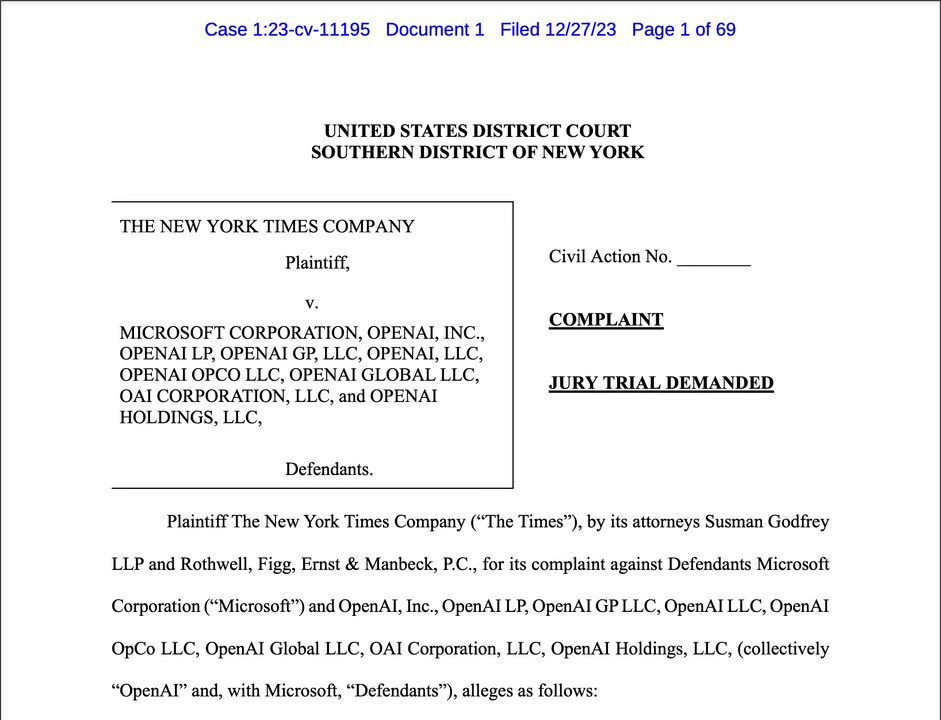In early 2023, Japan’s Minister of Education, Culture, Sports, Science, and Technology Keiko Nagaoka, announced that under Japanese law, the use of copyrighted work for information analysis and training purposes would be legal. This effectively granted an exception for text and data mining (TDM) to global AI developers using copyrighted content from Japan to train their AI models. The move initially shocked other Asian countries, but they quickly followed suit.
Japan is increasingly positioning itself as a leader in AI regulation within Asia. Japan's early decision to allow TDM exceptions set a precedent for the region, with Singapore, Hong Kong, and likely Taiwan aligning on this approach. Other Asian governments are expected to follow.
Singapore – which is home to the regional headquarters of several major tech companies including Google, Meta, and Apple – soon adopted a similar TDM exception for AI developers under its own laws.
In response, Hong Kong – keen to maintain its competitive edge against Singapore as a technology hub – recently announced plans to update its copyright regulations, allowing TDM exceptions to foster AI development and innovation.
A consultation paper from the Hong Kong government released in July explained its decision to adopt the TDM exception, stating: “Given the overall benefits brought by the [AI exception], particularly in advancing AI technology and industry, the government believes it is justifiable to introduce the [exception] to the existing copyright law.”
Taiwan regulators are now drafting an AI Basic Law and are also considering a TDM exception, in a similar effort to make Taiwan attractive to AI developers. Although Taiwan is known as the “Silicon Island” for its dominance in tech hardware, policymakers there also recognize that they must do more to support innovation by smaller companies.
This is particularly true for promising startups like SPEED 3D, a leading producer of 3D and augmented reality (AR) effects with important multinational corporations as clients. Moving forward, Taiwan will need to continue to make its market innovation-friendly to attract and foster “unicorn” startups.
Legal debates over the TDM exception are expected to continue around the world, including in the United States. AI developers contend that using copyrighted materials to train algorithms constitutes “fair use” and does not require prior permission from rights holders.
Many rights holders, including prominent creatives and news outlets (e.g. The New York Times vs. OpenAI), disagree, arguing that they are entitled to compensation for the use of their intellectual property to train AI models.
This debate and the associated body of legal precedents are in their early stages, and it is likely that national regulations on AI and copyright issues will evolve. In Asia, regulators are currently taking a relatively pro-innovation approach.
As AI continues to disrupt traditional practices, many regulatory questions remain.





